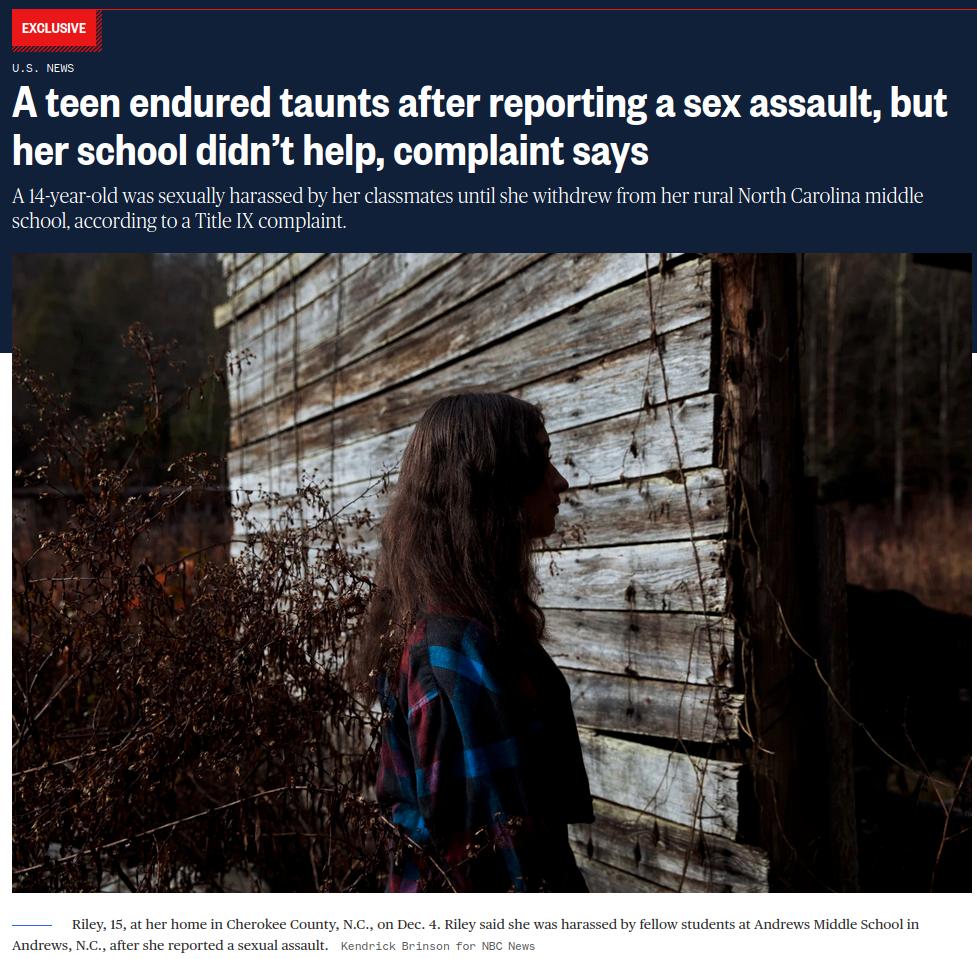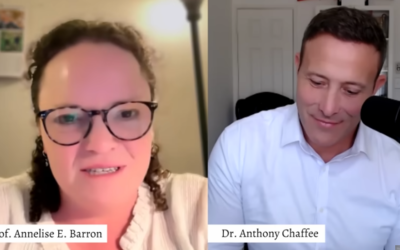HOW WILL YOUR SCHOOL HANDLE TITLE IX SEXUAL MISCONDUCT ALLEGATIONS?
In this article:
- Understanding Title IX policies
- Schools don’t want to lose their funding or risk negative press
- What school policies regarding inappropriate sexual conduct have in common
- Links to sexual misconduct policies at North Carolina colleges and universities
- Public universities in North Carolina
- Private North Carolina schools
- How we can protect you – and your future
- Who we are
- How we can level the playing field
- Protect your future – request a free consultation
Table of Contents
Understanding Title IX Policies
“We take all allegations of sex discrimination and sexual misconduct very seriously.” – Office of the Title IX Coordinator at Wake Forest University
Any school that receives federal funding must be Title IX compliant. There are 16 schools in the University of North Carolina system. There are 18 private liberal arts colleges. And there are 58 other private colleges and universities throughout North Carolina. The one thing in common is that most, if not all, receive some amount of federal funding – which means they all have Title IX policies in place.
These policies are the result of education amendments to a federal law enacted during the 1970s. Though best known for its role in preventing sex discrimination in collegiate sports, Title IX has serious implications for school policies regarding sexual assault and sexual harassment. To maintain their funding, school officials must develop and make policies regarding reporting and responding to allegations of sexual misconduct, sexual harassment, and sexual violence among students, faculty, or staff.
Specifically, these policies must establish:
- Processes for handling reports of sexual misconduct
- Standards for investigations and fact-finding on campus
- Disciplinary proceedings and relevant hearing panels
- Processes for handling appeals
School policies are supposed to provide a fair opportunity for both the alleged victim and the accused party to be heard. Unfortunately, educational institutions rarely provide truly fair environments for both parties involved. The reality is that students, faculty, or staff members accused of sexual misconduct face an uphill battle. Title IX policies grant the accused few protections in comparison to the criminal justice system.
One of the most important rights you have in Title IX proceedings is the right to hire an attorney. At Roberts Law Group, we can fight for your rights, your reputation, and your future.
Our attorneys have significant experience defending those accused of Title IX sexual misconduct violations. We care about your civil rights, and we know how to develop the strongest possible strategies for a powerful defense.
Schools Don’t Want To Lose Their Funding Or Risk Negative Press
As federal funding for state highways, which the federal government uses as leverage in pressuring states to set uniform speed limits, Title IX uses education funds as a means to pressure schools to comply with the law.
If schools fail to take steps to prevent sex discrimination as defined under Title IX, which includes sexual violence and other misconduct, schools risk federal funding and other consequences.
The takeaway? Most colleges and universities today take an aggressive approach toward investigating, disciplining and punishing any student accused of misconduct, even if the evidence raises reasonable doubts.
Title IX proceedings aren’t held to the same high standards as the criminal process. Proof beyond a reasonable doubt isn’t necessary to support a finding against you. All that is required is proof by a ” preponderance of the evidence” – meaning slightly more likely than not. For this reason, it’s critical to involve an attorney early on.
What School Policies Regarding Inappropriate Sexual Conduct Have In Common
The Department of Education provides guidance for educational institutions on Codes of Conduct and Title IX compliance. As a result, many schools have similar policies. You can typically expect a Title IX policy to include:
- A Title IX Coordinator: A Title IX Coordinator is responsible for managing school policies, updating policies to accommodate changes to North Carolina General Statutes and Department of Education standards, receiving and investigating reports from alleged victims and educating school personnel on Title IX issues and policy updates.
- Prohibited acts: Many Codes of Conduct will list a number of acts that are unacceptable. Some of these acts are only vaguely defined, if the policy defines them at all. Common examples include sexual contact without consent, harassing behavior and unwelcome sexual advances. Read more about common prohibited actions under Title IX.
- Student disciplinary process: The policy will outline how reports of sexual harassment, sex discrimination or sexual misconduct are handled. This includes provisions for an investigation, hearing and appeals.
- Provisions for protecting civil rights: Campus communities should be places of fairness. But Title IX policies often only include protections for civil rights, like the right to have a lawyer, when those rights are guaranteed by law. Fortunately, North Carolina ensures that students or faculty members under investigation for disciplinary violations involving sexual misconduct are entitled to hire their own representation.
Many schools have a serious bias in favor of the reporting party. Even though schools should be neutral during an investigation, often they find in favor of an alleged victim, even when there is evidence to the contrary.
There is too much at stake for the accused. It is unwise to go into a disciplinary hearing without experienced representation. If an alleged violation includes sexual intercourse or other sexual activities that amount to criminal behavior, they may involve law enforcement. With risk of criminal prosecution, accused students need to protect their civil rights from the very beginning of an investigation.
Links To Sexual Misconduct Policies At North Carolina Colleges And Universities
- Duke University (Durham)
- University of North Carolina at Chapel Hill
- Wake Forest University (Winston-Salem)
- NC State (Raleigh)
- UNCC (Charlotte)
- UNC Pembroke
- UNC Asheville
- UNC Greensboro
- NCCU (Durham)
- East Carolina University (Greenville)
- North Carolina A&T State University (Greensboro)
- Appalachian State University (Boone)
- UNCW (Wilmington)
- Elon University (Elon)
- Campbell University (Buies Creek)
- Wingate University (Wingate, Charlotte, Hendersonville)
- High Point University (High Point)
- Davidson College (Davidson)
No matter what school you attend in North Carolina, if your school receives federal funding, you can expect to find a policy or code of conduct under Title IX. This policy will establish the Title IX Coordinator (who investigates complaints), the description of sexual misconduct and sexual violence, and the procedure for a Title IX investigation.
Public Universities In North Carolina
Public colleges and universities are especially sensitive to changes in federal funding. Because large amounts of their endowments and budgets rely on public funding, state colleges and universities often cannot risk a Title IX violation. This is why public schools are often quick to take disciplinary action when allegations of sexual misconduct surface.
Our firm has the experience and capacity to represent students facing Title IX allegations, including students at any of our State’s public schools:
- The University of North Carolina at Chapel Hill
- North Carolina State University at Raleigh
- The University of North Carolina at Greensboro
- The University of North Carolina at Charlotte
- The University of North Carolina at Asheville
- The University of North Carolina at Wilmington
- Appalachian State University
- East Carolina University
- Elizabeth City State University
- North Carolina Agricultural and Technical State University
- North Carolina Central University
- University of North Carolina School of the Arts
- The University of North Carolina at Pembroke
- Western Carolina University
- Winston-Salem State University
Private North Carolina Schools
We also represent students at private universities facing sexual misconduct allegations. Our practice spans across North Carolina, including private schools such as:
- Belmont Abbey College
- Brevard College
- Campbell University
- Catawba College
- Davidson College
- Duke University
- Elon University
- Gardner-Webb University
- Greensboro College
- Guilford College
- High Point University
- Lees-McRae College
- Lenoir-Rhyne College
- Mars Hill College
- Shaw University
- Wake Forest University
- William Peace University
- Wingate University
How We Can Protect You – And Your Future
If you are a student or the parent of a student accused of a sexual misconduct policy violation, you need to hire a lawyer. Your reputation, career, education, and even your freedom may depend on it.
When we have a client accused of on-campus sexual assault or other sexual impropriety in a university setting, our goal is always to fight for the BEST possible outcome in your situation. This typically includes:
- Avoiding a criminal investigation and prosecution
- Uncovering strong evidence in your favor
- Challenging the evidence against you
- Keeping you out of the public eye to avoid the negative stigma
- Protecting your scholarships and financial aid
- Avoiding detrimental consequences to your educational progress and extracurricular involvement (including any sports activities)
- Keeping you on track to finish your degree in time
- Avoiding or minimizing any detrimental consequences, including the impact on your reputation
Who We Are
At Roberts Law Group, we’re no strangers to high-stakes cases like sex offenses. Our lawyers have won numerous not-guilty verdicts and other successful outcomes in these challenging cases.* We’re not afraid of uphill battles – on the contrary, that’s where we shine.
Our lawyers have decades of combined defense experience. Led by a former prosecutor, we understand how both Title IX investigations and criminal investigations unfold. That means we can protect you not just in school disciplinary proceedings, but also in any criminal investigations or charges that stem from the incident.
When we represent an accused student in a university setting, we prioritize our client’s future. Put our experience with Title IX, codes of conduct, school investigations, and criminal defense to work for you.
How We Can Level The Playing Field
Schools generally claim that they “equitably” handle Title IX investigations to protect the rights of both the accuser and the accused. But if you are the one who has been accused, you are at a severe disadvantage. Schools may say that they are not hostile environments for the accused, but presumptions of guilt and even outright retaliation are often realities for students under investigation.
In Title IX cases, you will not get your day in court. Your guilt need not be proved beyond a reasonable doubt. You may simply be expelled or suspended and unofficially branded in the community as a “sex offender,” even if you are never charged with a crime.
Simply put, Title IX accusations will have a life-changing impact on your future, touching on everything from your education and housing to your job prospects and social life. Your decision to hire the right attorney NOW may make the single biggest difference in the outcome of your case.
Protect Your Future Request A Free Consultation
Get Roberts Law Group on your side. Call 919-626-4733 for a free consultation. With offices statewide, including Raleigh and Charlotte, we defend students, faculty and staff throughout North Carolina.
*Each case is different and must be evaluated on its individual facts. We work hard to assess each case individually. Prior results do not guarantee any future outcome.








0 Comments